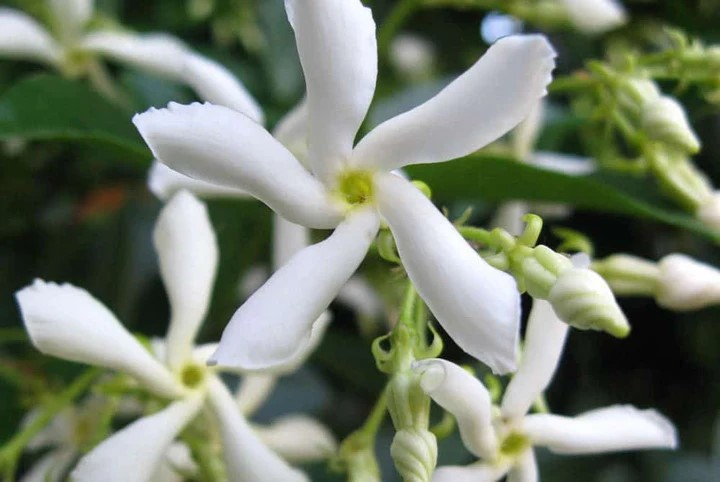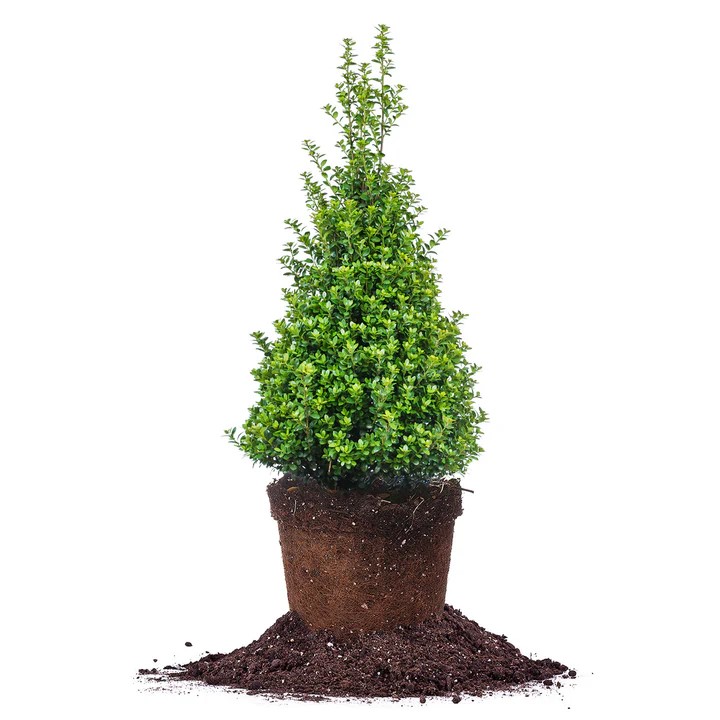Plants for privacy on a balcony – grasses, shrubs and climbers to create an urban oasis
Discover the best plants for privacy on a balcony to create a green and secluded haven on your balcony

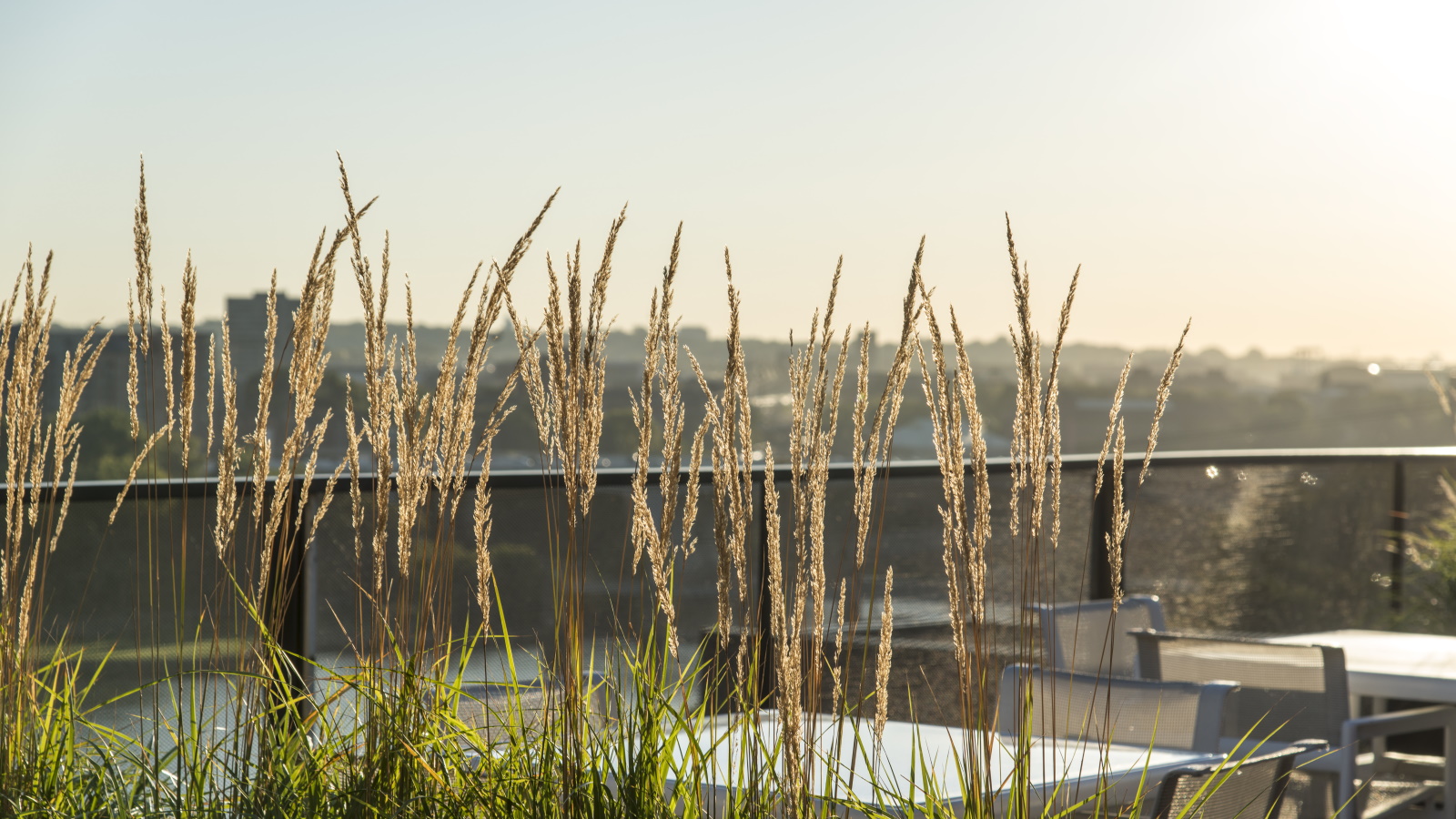
Balconies and terraces can often feel exposed and open with passersby able to look into your home. Planting that screens your outside space is important and will enhance your balcony by adding a sense of privacy and seclusion.
Fortunately, many balcony garden ideas can help you to create a sheltered urban oasis. Clever planting selections can be a natural and green way to enclose and screen your balcony. What's more, you are sure to be able to find planting that is suited to your conditions, whether in full sun or full shade, there is a plant for every position.
So, if you are looking for balcony privacy ideas this year, we have put together a selection of the best plants for privacy on a balcony that will help transform your outside space.
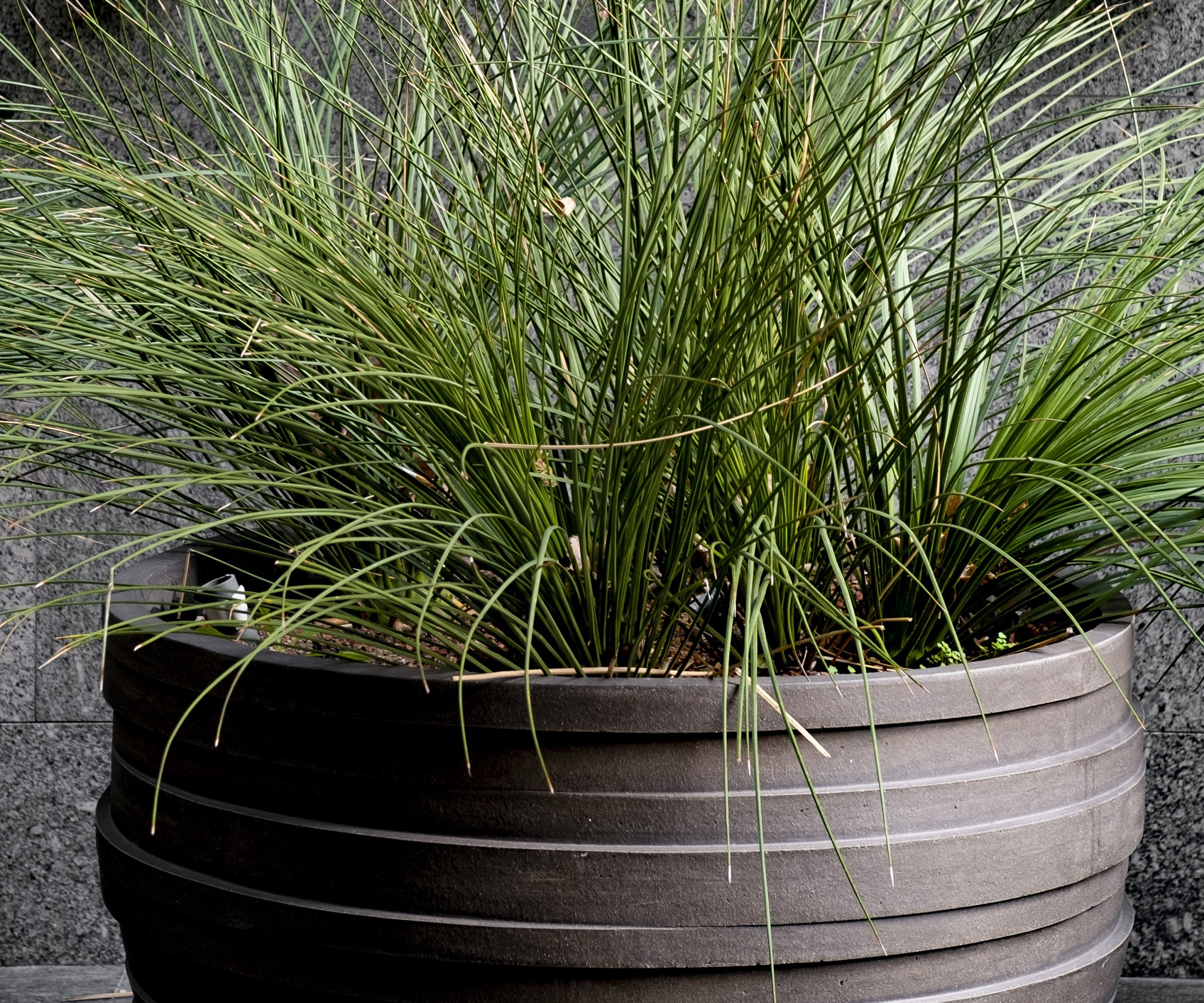
Plants for privacy on a balcony
Balconies can often feel exposed and open to the elements. The following plants for privacy on a balcony will not only add foliage and flowers to your outside space, but can also help to screen and shelter, helping you to create a private, protected and peaceful balcony.
1. Star jasmine
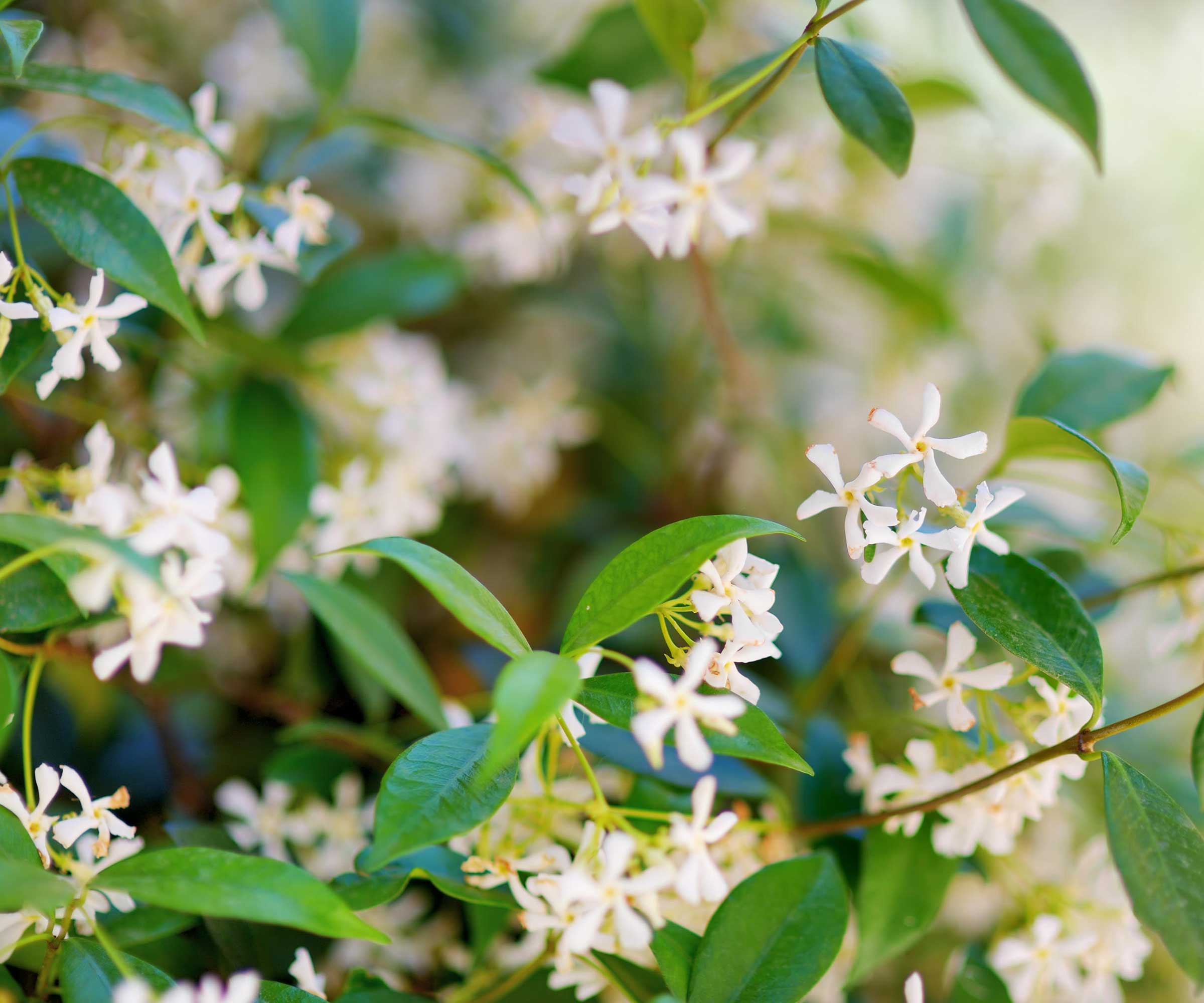
Popular for its fragrant white star-shaped flowers, star jasmine is well suited to growing on a balcony. This climbing plant 'does best in US hardiness zone 8 to zone 10,' says Jen McDonald, garden expert and a co-founder of Garden Girls, 'growing as an evergreen in mild and warm regions.'
When considering how to grow jasmine on a balcony, this vigorous climber needs 'minimal care once established but will require occasional pruning,' Jen adds, having a tendency to climb and vine across any surface it can.
Star jasmine prefers a full-sun position but will tolerate part-shade. Use as large a container as possible, suitable for the size of the plant and your balcony.
Design expertise in your inbox – from inspiring decorating ideas and beautiful celebrity homes to practical gardening advice and shopping round-ups.
During the first year after planting, use twine to direct and control where your star jasmine plant grows. Once you are happy with the shape, ideally screening your balcony railings, you will only need to carry out occasional pruning to maintain this during the growing season.

Jen McDonald is a garden expert and co-founder of Garden Girls, LLC, based in Houston, TX. With 14 raised garden beds and 400 square feet of garden space, Jen grows cut flowers to peanuts, amaranth to okra, and everything in between.
2. Needlegrass
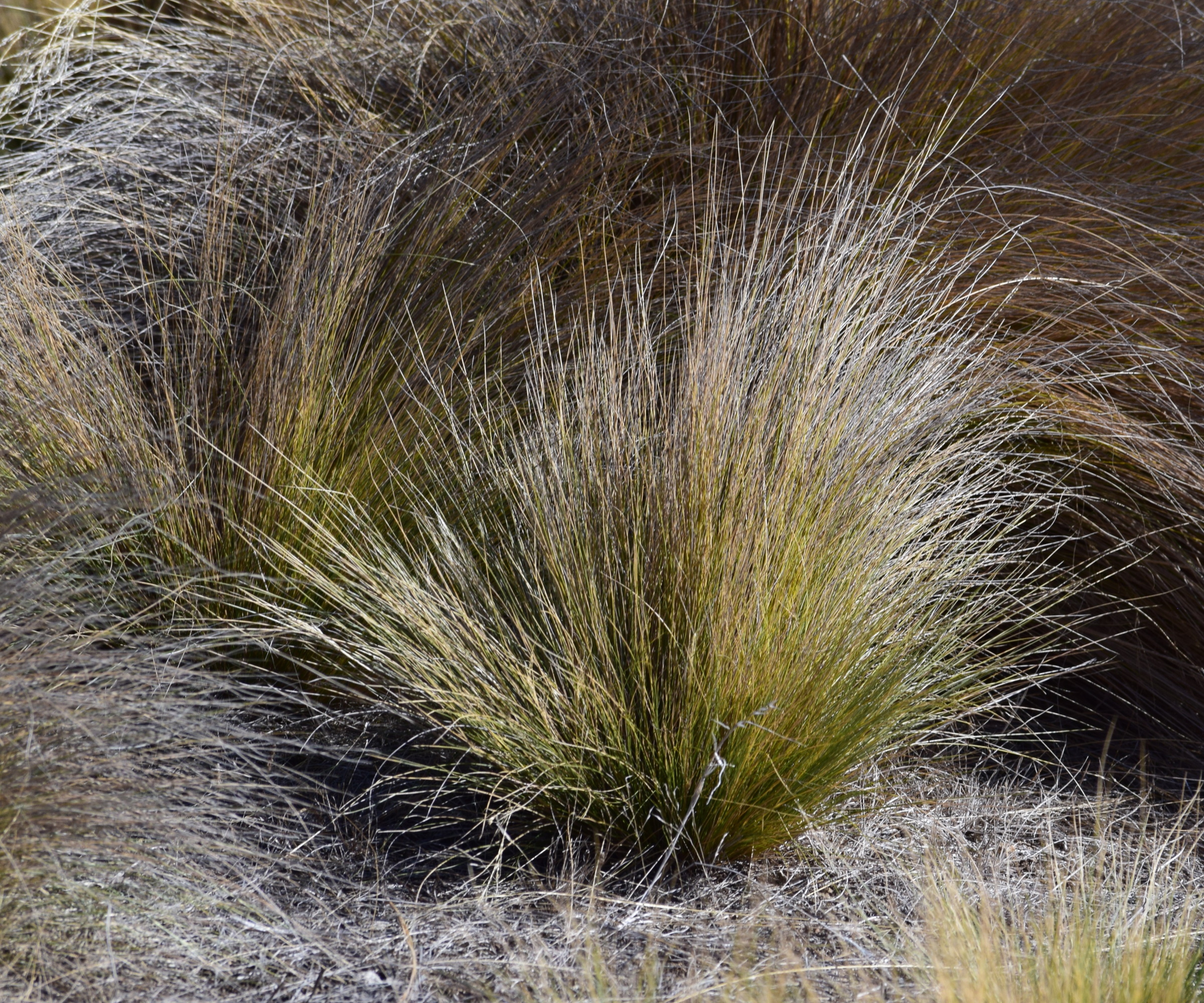
'Native grasses are an attractive and ornamental addition to the garden,' says Maya Argaman, native plant expert and Horticulture Senior Program Coordinator at the California Native Plant Society.
Many native grasses, such as needlegrass, or Stipa, can be 'hardy and versatile' and are a 'great addition to summer-dry gardens,' Maya adds.
When thinking about how to grow ornamental grasses, needlegrass thrives in US hardiness zone 7 to zone 10, enjoying part shade or full sun positions. Ornamental grasses are easy to care for while also providing attractive screening, helping to create a private and protected space.
For an unusual ornamental grass, why not try growing blue fescue grass, with striking blue-green blades that are evergreen in mild regions?

Maya is the Horticulture Senior Program Coordinator at the California Native Plant Society. She graduated from UC Davis with a degree in Environmental Science and Management, where she fell in love with native plants in both the natural and built environment.
3. Verbena
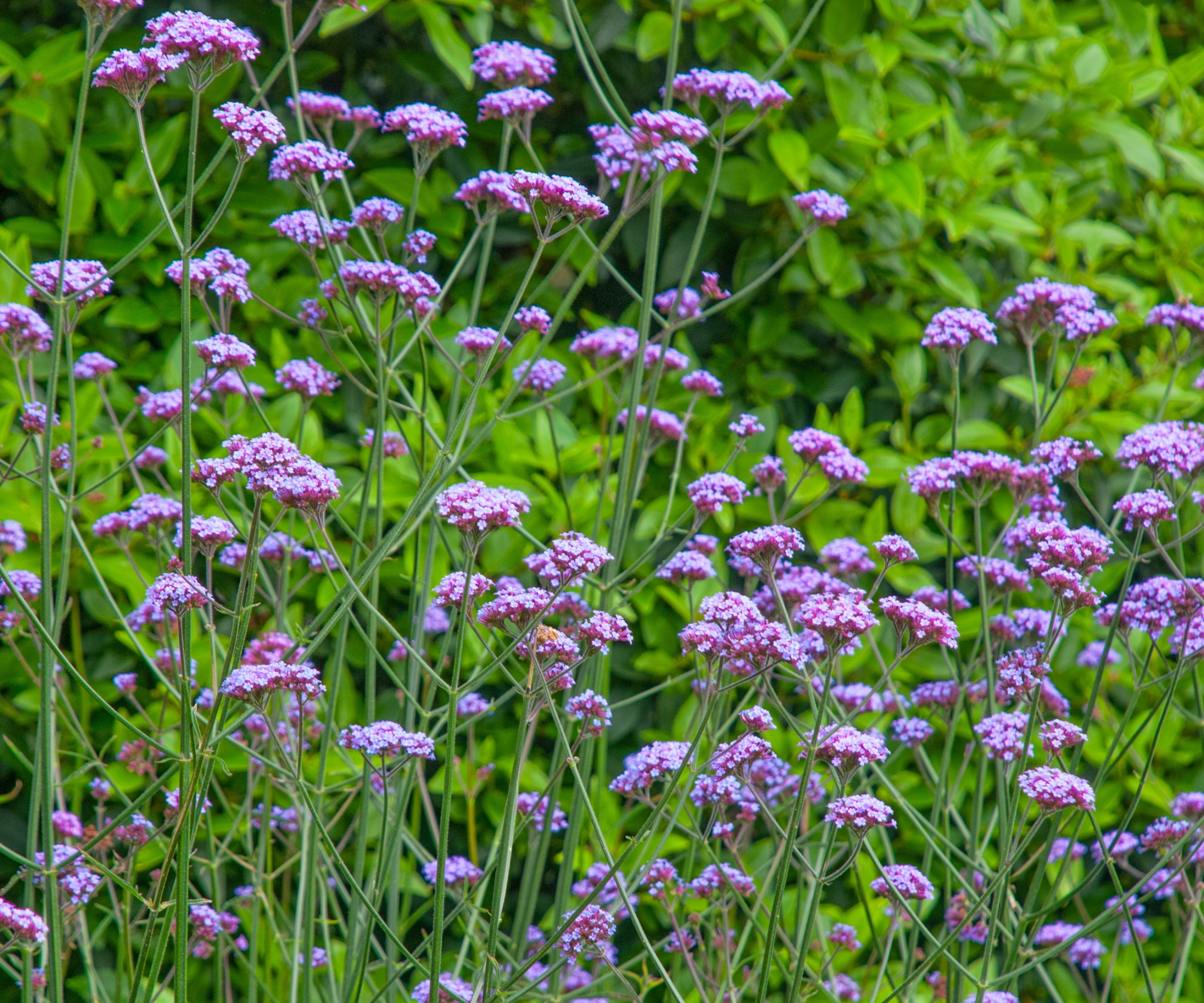
Verbena, commonly referred to as vervain, are popular perennials with tall, flowering stems that vary in height from 3 feet to 6 feet. Bright lilac-purple flowers emerge during spring and summer and are often considered one of the most popular plants for pollinators.
One species of vervain, Verbena bonariensis, as seen in the images here, produces masses of purple flowers on tall stems that are pollen and nectar-rich. This verbena, much like other verbena species and varieties, grows well in US hardiness zones 7 to 11.
When considering how to grow verbena, most verbena species require plenty of sunshine, preferring six or more hours of direct sun, which shouldn't be a problem if grown on a balcony.
Fortunately, when grown on a balcony, verbena perennials may survive the winter even in cooler zones, especially if grown next to a building or a window, as this creates a protected microclimate.
Verbena plants are available from Nature Hills.
4. Beeblossom
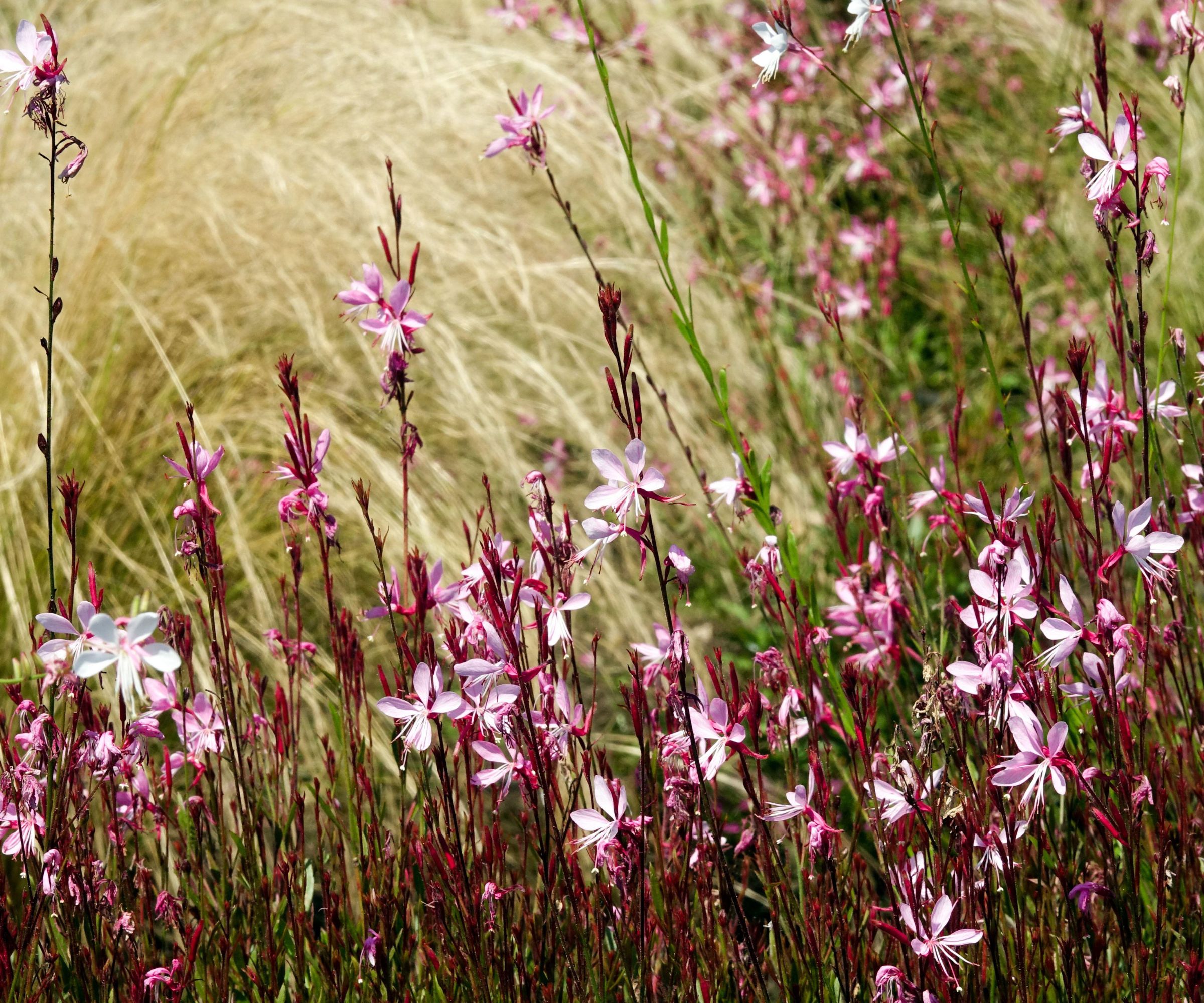
Beeblossom, or gaura, are flowering perennial plants that are native to North America. Growing best in US hardiness zone 6 to zone 9, beeblossom plants can reach heights of up to 5 feet, making these ideal screening plants for privacy on a balcony.
Masses of white and pink flowers bloom on this bushy perennial during the spring and summer months, with many gardeners often comparing the appearance to a flutter of butterflies, particularly when the plant moves in the breeze.
Beeblossom plants are remarkably tolerant of cold and wet winters but grow best in full-sun positions where they will flower for much of the growing season.
5. Japanese holly
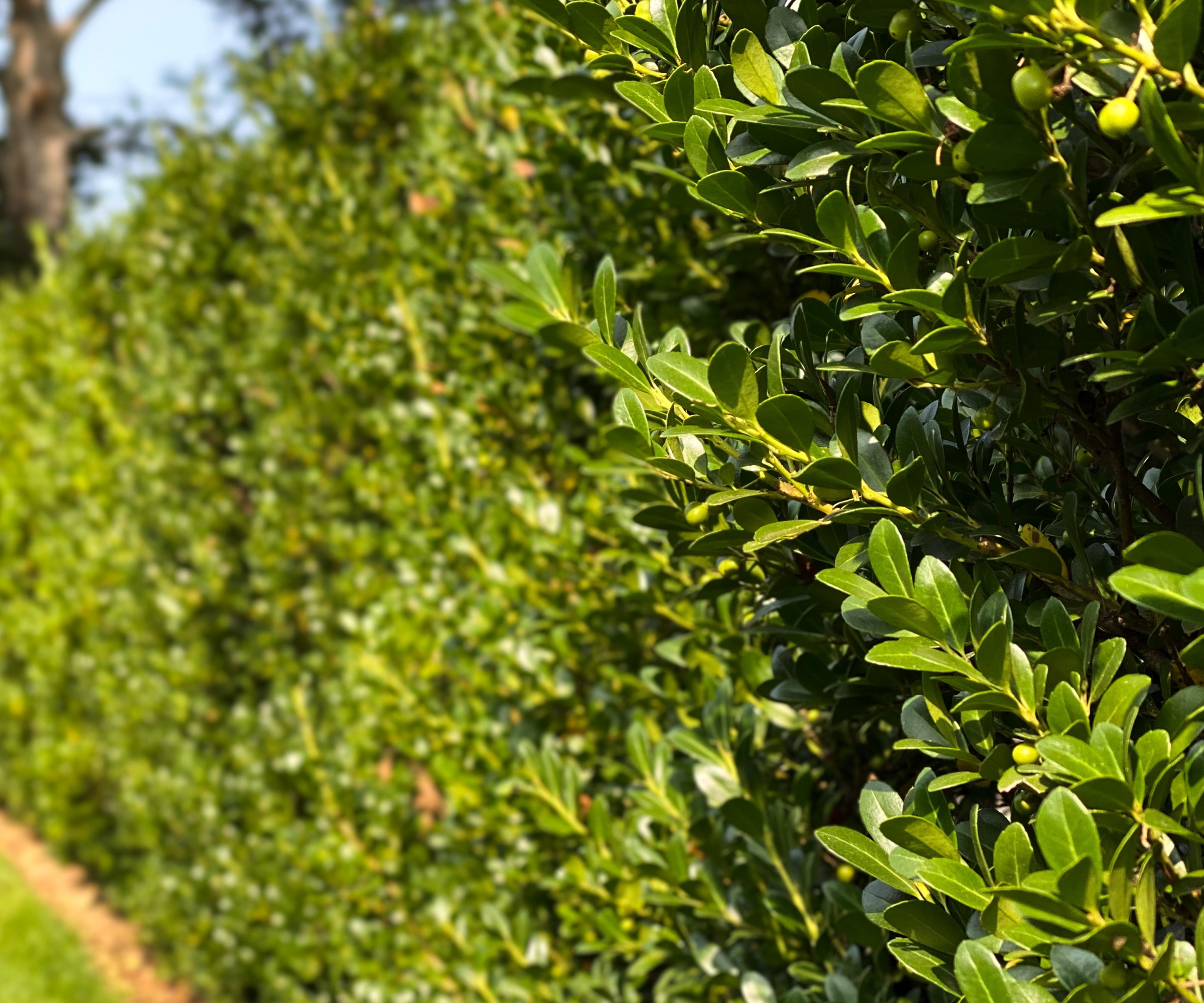
It is a good idea to plant some of the best evergreen shrubs and trees when growing in containers in small spaces. Doing so on a balcony, for example, will ensure that there is year-round interest, which can help to add greenery in the winter months while also acting as a hedge or a screen.
'Japanese holly, Ilex crenata, are ideal plants for privacy on a balcony,' says Alex Kantor, owner of Perfect Plants Nursery. 'The dark green foliage can create a lush, evergreen screen when grown in containers,' Alex adds.
'This holly bush is known for its adaptability to container planting and its ability to withstand urban conditions, including pollution, making it a perfect choice for balconies in cities.'

Alex has worked in the horticultural industry for over 20 years and grew up on the farm since his childhood years. Alex is an expert on landscape trees, shrubs, and indoor plants. He is passionate about growing and helping others learn the trade.
6. California lilac
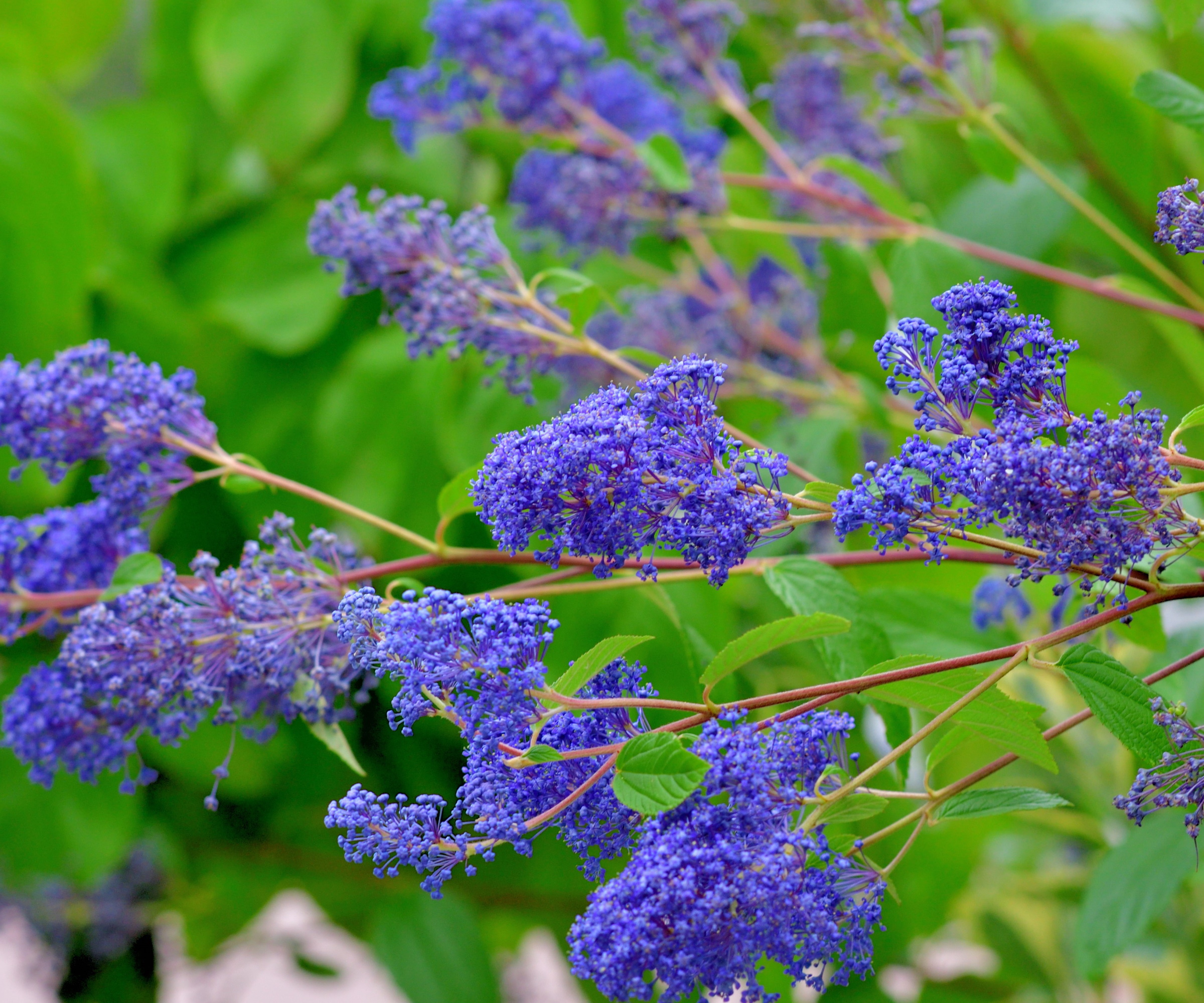
For those seeking flowering shrubs for full sun, California lilacs are renowned as plants that can handle the heat, which is a common trait of California native planting.
This shrub will grow happily in US hardiness zones 7 to zone 10, doing well if planted in a container that is placed in a sheltered, sunny spot on a balcony. If you reside in a cooler zone, it is best to avoid planting California lilacs on your balcony, as this shrub does not like the cold.
Purple-blue blooms remain on the plant for much of the growing season, and in warmer zones, the plant will grow as an evergreen.
California lilac plants are available to buy online from Nature Hills.
FAQs
What are the best shade plants for privacy on a balcony?
Japanese holly shrubs are an ideal option if you are seeking balcony shade ideas. Japanese holly, Ilex crenata, are shade-tolerant plants, with dark-green foliage that is evergreen, ensuring year-round interest and privacy on your balcony.
These shrubs respond well to shaping, meaning that domes or pyramids can be attempted depending on your topiary skills. In addition, this plant is popular with birds in fall and winter as it produces berries.
You can see the range of Japanese holly online at Perfect Plants.
Using grasses, climbers and shrubs to screen balconies will help you create an urban oasis that is sheltered and private. For additional and impactful planting ideas, why not consider learning how to grow Japanese blood grass? This crimson-red grass is a vigorous grower, but when placed in pots on a balcony, its spread can be managed.
For more balcony ideas, why not consider planting a balcony herb garden, incorporating herbs in your planters such as lavender or rosemary, which can help you to create a fragrant and sensory outside space?

Thomas is a Content Editor within the Gardens Team at Homes and Gardens. He has worked as a professional gardener for both public spaces and private estates, specializing in productive gardening, growing food and flowers. Trained in Horticulture at the Garden Museum, he has written on gardening and garden history for various publications, including The English Garden, Gardens Illustrated, Hortus, The London Gardener and Bloom. He has co-authored a Lonely Planet travel book, The Tree Atlas, due out in 2024.
